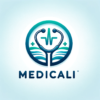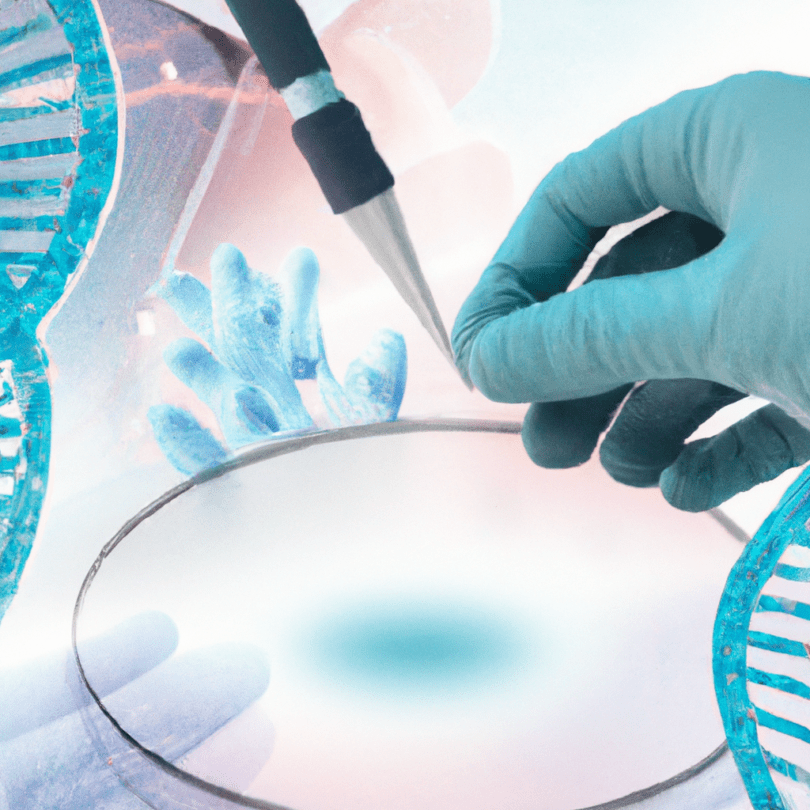As each year passes, the world witnesses incredible advancements in medicine and healthcare. Revolutionary breakthroughs in disease prevention and treatment are constantly transforming the way we live, enabling us to combat illnesses that were once considered incurable. In recent years, cutting-edge innovations have emerged, bringing hope to patients and changing the landscape of healthcare. In this blog post, we will delve into some of the latest breakthroughs that are revolutionizing disease prevention and treatment.
1. Precision Medicine: One of the most exciting developments in the field of medicine is precision medicine. This approach takes into account an individual’s genes, environment, and lifestyle to tailor treatments specifically to their unique needs. Traditional treatments are often based on generalized guidelines, but with precision medicine, doctors can now target diseases more precisely and increase the effectiveness of treatments. This personalized approach has already shown promising results in the treatment of cancer, cardiovascular diseases, and rare genetic disorders.
2. Immunotherapy: Immunotherapy is a rapidly evolving field that harnesses the power of the body’s immune system to fight diseases. Traditional treatments like chemotherapy and radiation therapy can be harsh on the body and often come with numerous side effects. Immunotherapy, on the other hand, stimulates the immune system to recognize and destroy cancer cells or other harmful agents. This breakthrough has shown remarkable success in treating various types of cancer, such as melanoma, lung cancer, and leukemia, and offers new hope for patients with previously untreatable diseases.
3. Gene Editing: Gene editing technologies like CRISPR-Cas9 have opened up a whole new realm of possibilities in disease prevention and treatment. This technology allows scientists to modify genes with unprecedented precision, offering incredible potential for treating genetic disorders. It has the power to correct disease-causing mutations, providing hope for patients and families affected by conditions such as cystic fibrosis, sickle cell anemia, and Huntington’s disease. Although still in the early stages, gene editing holds immense promise for the future of medicine.
4. Telemedicine: The integration of technology and medicine has paved the way for telemedicine, which enables patients to receive medical advice and treatment remotely. This innovation has proven to be especially vital during the COVID-19 pandemic, allowing patients to access healthcare services without risking exposure to the virus. Telemedicine not only improves accessibility to healthcare, particularly in remote areas, but also reduces the burden on healthcare systems and saves time and money for both patients and providers.
5. Artificial Intelligence (AI) in Diagnostics: AI has made significant strides in the field of medical diagnostics. By analyzing vast amounts of medical data, AI algorithms can assist doctors in making more accurate diagnoses, identifying patterns, and predicting outcomes. This can lead to earlier detection of diseases, which in turn improves patient outcomes. Additionally, AI-powered robotic surgical systems can perform complex procedures with enhanced precision, aiding surgeons in delivering better surgical outcomes.
These breakthroughs are just the tip of the iceberg in a rapidly evolving field. As technology continues to advance, we can expect further revolutionary innovations in disease prevention and treatment. The future of medicine looks promising, with patients benefiting from more personalized and effective treatments. By staying informed and embracing these cutting-edge innovations, we can contribute to a healthier and brighter future for all.

